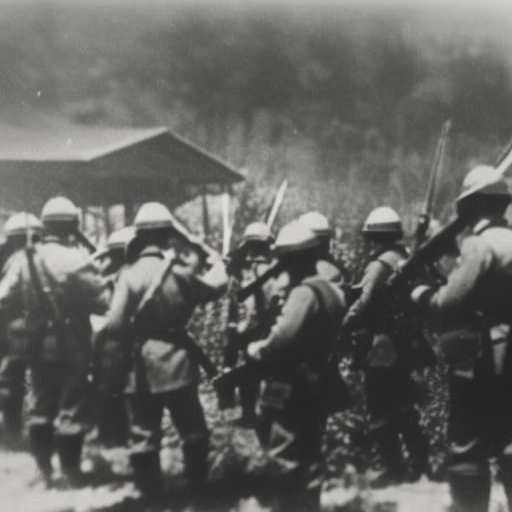Battle of Mohács: The Fall of Hungary
The Battle of Mohács was a significant event in European history that took place on August 29, 1526. It marked the beginning of the decline of the Kingdom of Hungary and had far-reaching consequences for the region. The battle was fought between the forces of the Ottoman Empire, led by Sultan Suleiman the Magnificent, and the Kingdom of Hungary, led by King Louis II.
Background:
In the 16th century, the Ottoman Empire was expanding its territories in southeastern Europe. Hungary, a powerful kingdom at the time, was seen as a major obstacle to Ottoman ambitions. The young King Louis II of Hungary faced internal divisions and lacked the military strength to repel the Ottoman threat. Seeking to secure his kingdom, Louis formed an alliance with the Habsburgs, who ruled Austria.
The Battle:
The Ottoman forces, numbering around 60,000 soldiers, crossed the Danube River and advanced towards Mohács, a town in southern Hungary. The Hungarian army, consisting of approximately 25,000 troops, positioned themselves on a hilly terrain near the town. Despite being outnumbered, the Hungarians hoped to use their superior artillery and defensive position to their advantage.
The battle began with a fierce exchange of artillery fire. The Hungarian cannons inflicted heavy casualties on the Ottoman forces, but the disciplined Janissary infantry quickly closed the gap. The Hungarian cavalry, led by King Louis II, launched several charges against the Ottoman lines but failed to break through. As the battle progressed, the Ottoman army’s numerical superiority began to take its toll on the Hungarians.
Outcome:
After several hours of intense fighting, the Hungarian defense collapsed. King Louis II, refusing to retreat, fought bravely but was killed in the chaos of the battle. The Hungarian army suffered heavy losses, with thousands of soldiers killed or captured. The Ottoman victory at Mohács was a devastating blow to Hungary, as it opened the door for further Ottoman expansion into central Europe.
Consequences:
The Battle of Mohács had far-reaching consequences for Hungary and the wider region. With the death of King Louis II, Hungary was thrown into a succession crisis, leading to a period of political instability. The Ottoman Empire capitalized on this turmoil and quickly occupied large parts of Hungary, including its capital, Buda.
The fall of Hungary to the Ottomans had significant geopolitical implications. It weakened the Habsburgs, who lost their Hungarian possessions and were forced to focus on defending their territories in Austria. The Ottoman Empire, on the other hand, gained a foothold in central Europe and continued its expansion into the region.
The battle also had a profound impact on the Hungarian psyche. The defeat at Mohács became a symbol of national tragedy and loss. It fueled a sense of resistance and longing for independence among the Hungarian people, which would persist for centuries.
In conclusion, the Battle of Mohács was a pivotal event in European history. It marked the beginning of Hungary’s decline and the expansion of the Ottoman Empire into central Europe. The battle’s consequences, both immediate and long-term, shaped the political and cultural landscape of the region for years to come.












